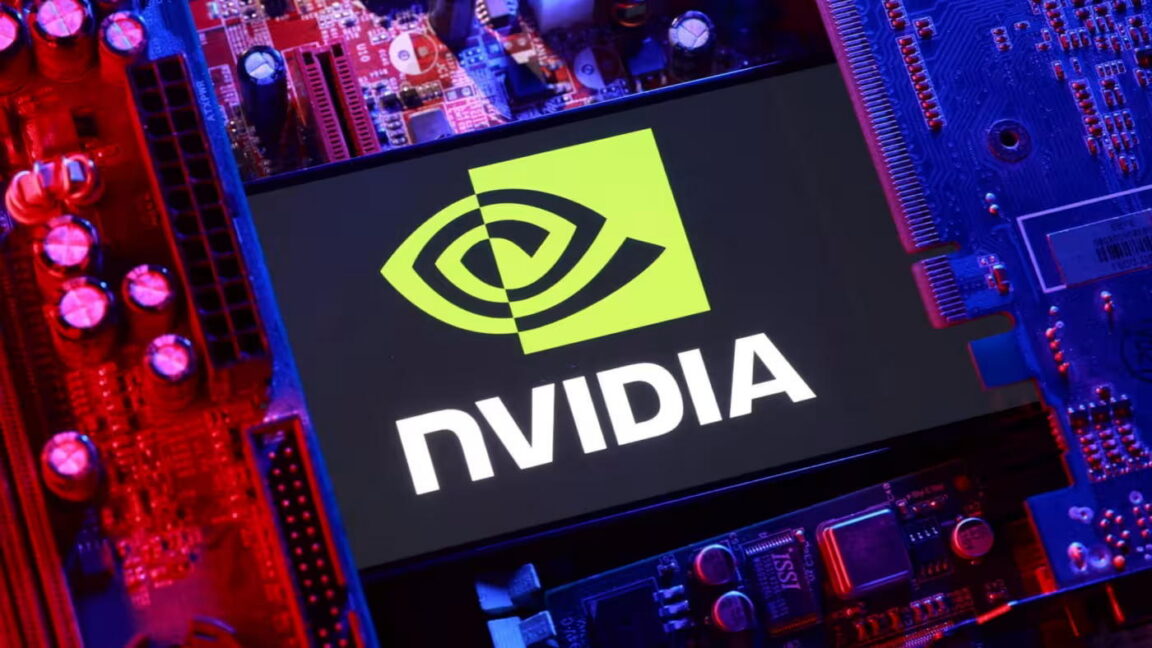China Blocks Sale of Nvidia AI Chips Amid Push for Domestic Alternatives

Key Points
- Chinese regulators have blocked the sale of Nvidia AI chips in the country.
- Major domestic firms—including Huawei, Cambricon, Alibaba and Baidu—were asked to compare‑and‑contrast their processors with Nvidia’s limited‑supply products.
- Authorities concluded that Chinese AI processors now match or exceed the performance of the allowed Nvidia chips.
- China aims to triple its AI processor output, signaling confidence in domestic supply.
- Nvidia introduced the RTX Pro 6000D in Beijing, positioning it for automated manufacturing.
- Regulators warned against purchasing Nvidia’s H20 chip without clear justification.
- The RTX Pro 6000D is the last Nvidia product permitted for significant sales in China.
- Key companies have not responded to comment requests regarding the new restrictions.
China has halted the sale of Nvidia's AI chips after regulators summoned major domestic firms, including Huawei, Cambricon, Alibaba and Baidu, to compare their own processors with Nvidia's limited‑supply products. Officials concluded that Chinese AI chips now match or exceed the performance of the Nvidia chips allowed under U.S. export controls, prompting a consensus that domestic supply can meet demand without further Nvidia imports. Nvidia recently introduced the RTX Pro 6000D in Beijing, while regulators warned companies against purchasing Nvidia’s H20 chip, signalling a tightening of restrictions on foreign AI hardware.
Regulatory Action Halts Nvidia AI Chip Sales
Chinese regulators have moved to block the sale of Nvidia’s artificial‑intelligence (AI) chips within the country. The decision follows a series of meetings in which domestic technology firms were asked to report how their own semiconductor products compare to the limited‑supply Nvidia chips that are still permitted under U.S. export controls.
Domestic Firms Compared to Nvidia
Among the companies summoned were Huawei, Cambricon, Alibaba and Baidu. These firms, which develop their own AI processors, were required to demonstrate the capabilities of their own products relative to the Nvidia offerings that remain available in China. According to sources, the regulators concluded that China’s AI processors have reached a level comparable to, or even exceeding, the performance of the Nvidia chips allowed under current export restrictions.
China’s Push to Expand Domestic AI Chip Production
Industry insiders noted that Chinese chipmakers are planning to triple the nation’s total output of AI processors in the near term. This ambitious expansion reflects a growing confidence that domestic supply will be sufficient to meet market demand without reliance on Nvidia’s technology. An insider described the prevailing view as a “top‑level consensus” that there will be enough home‑grown chips to satisfy demand.
Nvidia’s Recent Product Introductions
In July, during a visit by Nvidia’s CEO Jensen Huang to Beijing, the company unveiled the RTX Pro 6000D. Nvidia highlighted the chip’s suitability for automated manufacturing applications. At the same time, the United States signaled a relaxation of its earlier ban on Nvidia’s H20 chip, though Chinese regulators have warned technology companies to justify any purchases of the H20 over domestic alternatives.
Regulatory Warnings and Market Impact
China’s regulators, including the Cyberspace Administration of China (CAC), have issued cautions to firms that consider buying Nvidia’s H20 chip, urging them to provide justification for opting for foreign hardware when comparable domestic products exist. The RTX Pro 6000D is reported to be the last Nvidia product that the company is allowed to sell in China in significant volumes.
Responses from Affected Companies
Representatives from Alibaba, ByteDance, the CAC and Nvidia did not immediately respond to requests for comment on the regulatory actions and the broader implications for the Chinese AI chip market.
Outlook
The blocking of Nvidia’s AI chips underscores China’s broader strategy to accelerate its domestic semiconductor capabilities and reduce dependence on foreign technology. As local chipmakers ramp up production and claim performance parity with Nvidia’s restricted offerings, the Chinese market may see a shift toward home‑grown AI hardware, while foreign vendors face tighter scrutiny and limited sales opportunities.